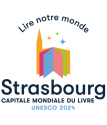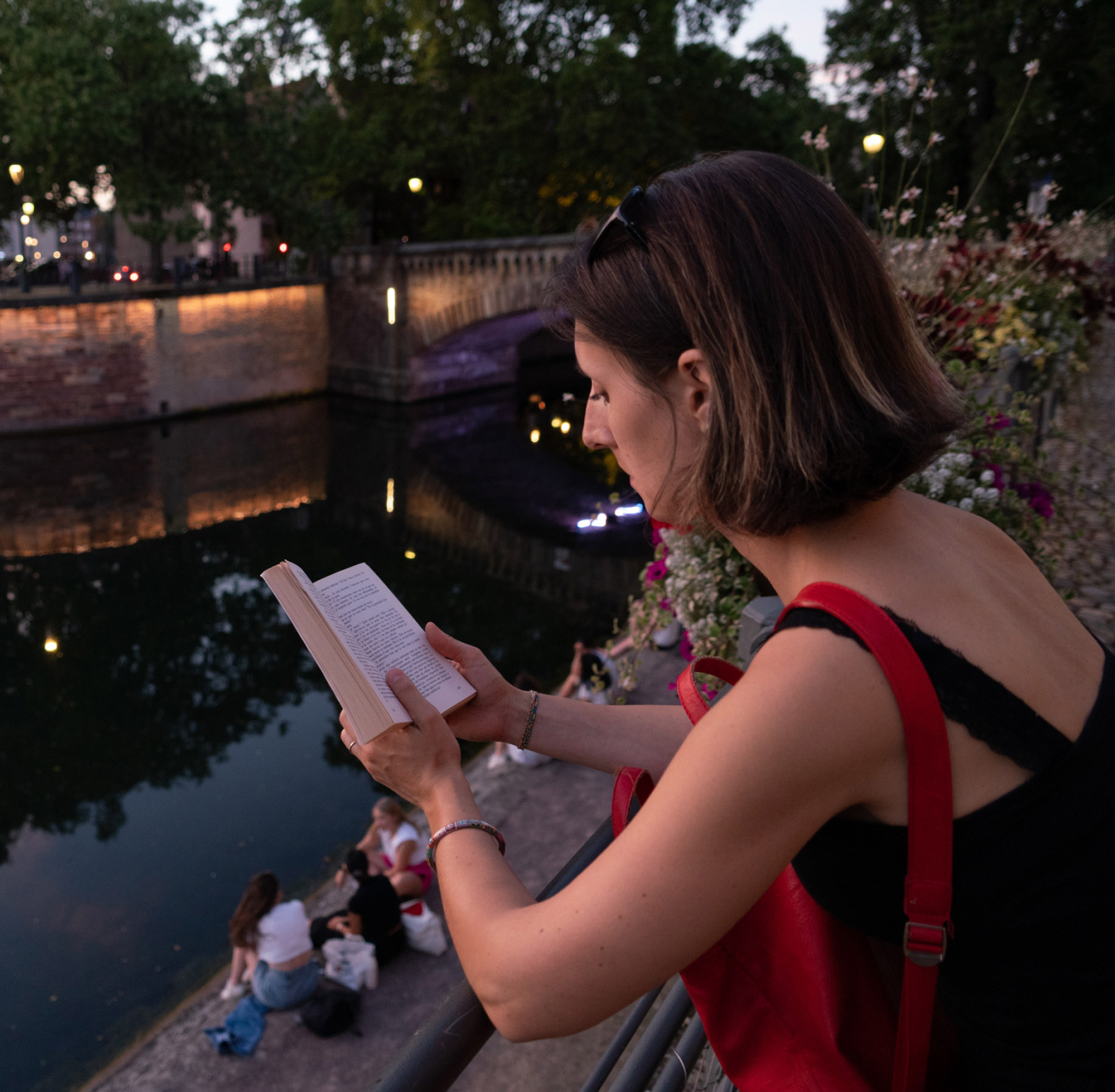Since 2001, the title of “World Book Capital” has been conferred by UNESCO, on a city committed to promoting books and reading in all forms and at all ages of life.
In keeping with UNESCO’s commitment to fight climate change, the rise in social inequality and the decline of democracy, Strasbourg would like to contribute to the reflections and debates of our time, and get as many people as possible thinking about these crucial issues. Through this process, Strasbourg aims to restore books to their rightful place, as vectors of knowledge and tools for increasing self-awareness and awareness of others, and shaping the world.
A long-standing tradition
When he lived in Strasbourg from 1434 to 1444, Gutenberg developed a method of movable type that would bring about the printing revolution. A century later, in 1605, the Relation newspaper, considered to be the first modern medium of information dissemination, came off the presses of Strasbourg printer Johann Carolus. Several important figures involved in books and ideas marked Strasbourg with their presence, including Sébastien Brant, Johann Wolfgang von Goethe, Marc Bloch and Lucien Febvre, Jean Arp and Tomi Ungerer.
Thanks to the city’s rich tangible and intangible heritage, abundant and renowned cultural scene and vibrant artists, creators and professionals of books and culture, Strasbourg was awarded the title of World Book Capital.


